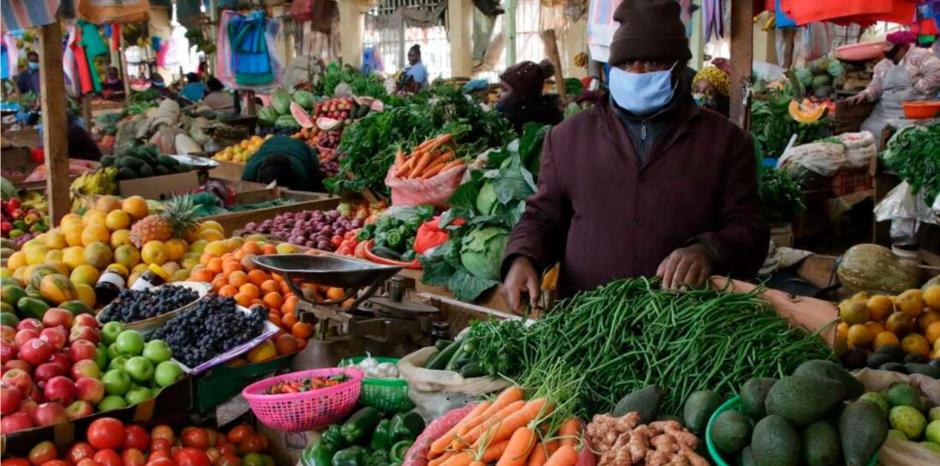The cost of essential services including healthcare and education rose slightly in July 2025, contributing to an overall increase in Kenya’s annual inflation rate, according to new data released by the Kenya National Bureau of Statistics (KNBS).
The national inflation rate stood at 4.1 per cent in July, up from 3.8 per cent in June, driven mainly by higher costs in food, transport, housing, and health services.
In the health sector, KNBS recorded a 0.1 per cent increase in prices compared to June, with the main contributors being essential medications.
Medicines used to treat cholesterol and high blood pressure saw the highest monthly increase at 0.5 per cent, followed closely by diabetes treatments and delivery-related charges, which both went up by 0.3 per cent.
“Over the twelve months until July 2025, the health division price level rose by 3.5 per cent,” said KNBS director general Macdonald Obudho.
Education costs also edged higher, with the education index increasing by 0.3 per cent in July. KNBS attributed the rise mainly to increased fees for certificate courses.
Over the past year, education-related expenses have gone up by 2.9 per cent, indicating continued financial strain on households amid an ongoing recovery in the education sector.
The cost of eating out also climbed modestly. In the restaurants and accommodation services category, overall prices rose by 0.1 per cent.
Specifically, food costs in hotels and restaurants went up by 0.1 per cent, while those in cafés and takeaway outlets rose by 0.2 per cent. A 0.3 per cent drop in lodging and accommodation charges slightly offset the overall increase. Over the past 12 months, this sector has registered a 3.2 per cent rise.
Fuel prices rose sharply in July, further adding to the pressure on household budgets. The price of kerosene increased from Sh147.92 to Sh157.76 per litre, while petrol climbed from Sh178.19 to Sh187.37.
However, electricity costs eased slightly, with charges for 200 kWh dropping from Sh5,738.52 in June to Sh5,656.22 in July.
Core inflation, which excludes food and fuel, also surged to 4.1 per cent in July, its highest level in nearly a year, up from 2.8 per cent recorded in May. This rise is seen as an indicator of strengthening consumer demand following recent interest rate reductions by the Central Bank of Kenya.
According to KNBS, core items contributed 2.8 percentage points to the total inflation, while non-core items, including food and fuel, added 1.3 points.
Food and non-alcoholic beverages alone contributed 2.2 points. Overall, the Consumer Price Index (CPI) increased from 145.58 in June to 145.74 in July, which translated to a monthly inflation rate of 0.1 per cent.
“The overall index increased from 145.58 in June 2025 to 145.74 in July 2025, resulting in a monthly inflation of 0.1 per cent,” said Obudho.
He further noted that the biggest contributors to the year-on-year inflation were food and non-alcoholic beverages at 6.8 per cent, transport at 4.1 per cent, and housing, water, electricity, gas and other fuels at 1.3 per cent.
These three categories make up more than 57 per cent of the entire CPI basket, marking them as key inflation drivers. Meanwhile, prices of alcoholic beverages, tobacco and narcotics saw a 5.1 per cent annual increase.
The inflation report points to a mixed economic environment, with some areas experiencing relief while others face rising costs, as the country continues to adapt to both domestic and international economic shifts.

